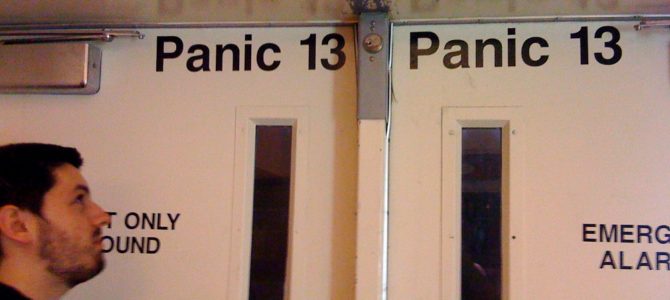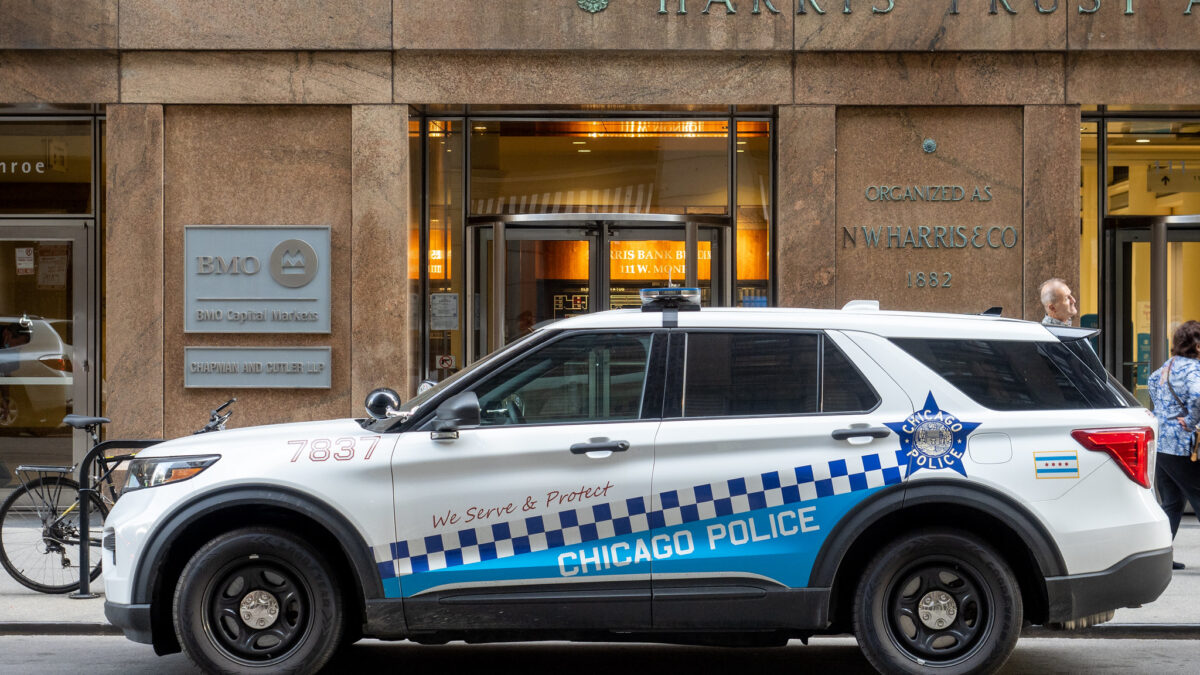
Even before the COVID-19 outbreak hit our nation, Americans were exhausted by the ceaseless stream of ‘round-the-clock news. A poll released in February by the Pew Research Center found 66 percent of Americans were “worn out” by the sheer volume of news.
It’s no surprise, then, that Americans are having difficulty coping with the news’ now profoundly negative tone. Public consumption of large amounts of adverse news comes at a price. We know a steady diet of bad news is bad for us, but we’ve rarely seen the deleterious effects on such a grand scale as with media’s handling of the Wuhan virus.
From as far back as late January, when the president declared the coronavirus a public health emergency and began taking action, many in corporate media seem compelled to take the opposite view of just about anything he says, even when it’s so obviously wrong. A cynical person might think many in the media would rather politically injure the president with massive amounts of negative press than provide viewers urgently needed information about a deadly pandemic.
For examples of how certain outlets have treated the president, look here, here, here, here, here, here, here, and here. The information to Americans is frequently diverted from public health to Trump attacks. At the point corporate media decided it was more important to take out Trump than report news, they do bear responsibility for harming public health.
Broadcasts of Context-Free Doom and Gloom
Everyone is affected by this pandemic, and need frequently updated information. But the toll of continuously bad media coverage is damaging our mental health.
People are being ordered to stay in their homes, and every major news network for the past month has been broadcasting doom into their living rooms. Here are some of the Google news results for “coronavirus” in March and April:
- “Coronavirus update: 1.96 million cases worldwide, 125,476 deaths; and Trump goes into battle with state governors.”
- “The mystery of why the coronavirus kills some young people.” “
- “As U.S. coronavirus deaths surpass 10,000, HHS watchdog says American hospitals face ‘severe’ shortages of equipment, staff and tests.”
- “Trump says 200,000 Americans could die from coronavirus, because he’s done ‘a very good job.’”
- “Coronavirus May Kill 100,000 to 240,000 in U.S. Despite Actions, Officials Say.”
- “Coronavirus updates: Fear batters the economy as U.S. death toll rises to 26.”
- “Workplace vs. Coronavirus: ‘No One Has a Playbook for This.’”
- “US sales of guns and ammunition soar amid coronavirus panic buying.”
- “How testing failures allowed coronavirus to sweep the U.S.”
People are afraid, and made more so when the media prioritizes battling the White House over objective journalism.
WATCH: Suicide prevention hotline calls spike amid pandemic. @PattersonNBC: In Los Angeles, they are "seeing an incredible uptick in the number of calls related to COVID. In February, there were 20 calls or so. That number has increased exponentially … to 1800+." pic.twitter.com/bEHL0qCD0R
— Meet the Press (@MeetThePress) April 10, 2020
The Media Effect on American Despair
Additionally, there have been alarming increases in suicides, domestic violence, and substance abuse relapses, all made worse by massive unemployment. While the media’s questionable approach to news coverage is not entirely to blame for all these incredible tragedies, there is research to suggest they do have some culpability.
Mental health professionals are very concerned about how this steady diet of bad news is affecting people. Health Psychology recently published a paper that determined consuming large amounts of negative media is detrimental not just to our mental health but our physical health too. The authors found a correlation between prolonged media exposure to tragic events and “increased posttraumatic stress (PTS) and new-onset physical health ailments 2 to 3 years later.”
Negative news can also cause learned helplessness, contempt, and hostility towards others. It’s not only the amount of news people are watching, it’s the type of news as well. Explicit and disturbing content has been linked to PTS and difficulty performing daily activities. In light of the public health risk created by the inordinate amount of pandemic coverage, the authors believe the media has a responsibility to keep news objective.
“Although it is critical for the media to convey information to the public to promote appropriate health protective behaviors and effective institutional responses,” the study authors say, “it is imperative that information be conveyed without sensationalism or disturbing images” (emphasis added).
Emotions Can Spread Like a Virus
Hand in hand with the distressing mental health effects of continuously disturbing news is how easily that negativity is transferred from one person to another. Emotions behave very much like a virus and can spread throughout communities.
The term scientists use to describe this phenomenon is emotional contagion, and it has the potential to change the mood of everyone around it. In a 2016 study on strategies for how to manage emotional contagion during a crisis, researchers found that panic emotions were particularly contagious and destructive.
We’re seeing first-hand how detrimental panic can be, as people are isolated in their homes unable to get even the smallest amount of relief like meeting a friend for coffee. Remember doing that?
People’s tolerance for being quarantined is wearing thin. To give you some idea of how desperate people are, one of the most searched phrases on April 9, according to Google Trends, was “when will things get back to normal?” and on April 13 it was, “when will the economy open?” It’s a sad commentary that people are asking a search engine to tell them when they can have their lives back.
Plans for Recovery Give People Needed Hope
There is hope, however, that local governments may be getting the message. Stateline reports that in the absence of a federal strategy to return to normal, state authorities are beginning to implement plans for recovery.
For those suffering from the mental distress of isolation, lockdown measures, and job loss, this can’t happen soon enough. As new information becomes available, Americans will want states to reconsider emergency powers and safely work towards restoring personal freedoms.
The news media has an incredible amount of influence on what society thinks about, which means they have an incredible responsibility to society. In numerous instances, the networks have allowed their contempt for the president to influence commentary and produce absurdly partisan questions at White House press conferences, as opposed to just reporting the facts and asking about things people actually care about, and it has negatively affected masses of people.
This probably explains why in a recent Pew poll Americans gave the media the lowest institutional approval rating, even below Congress, on its handling of the coronavirus. But Americans have a learning curve and hopefully won’t be so quick to trust the news when the next crisis occurs.









